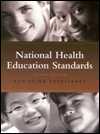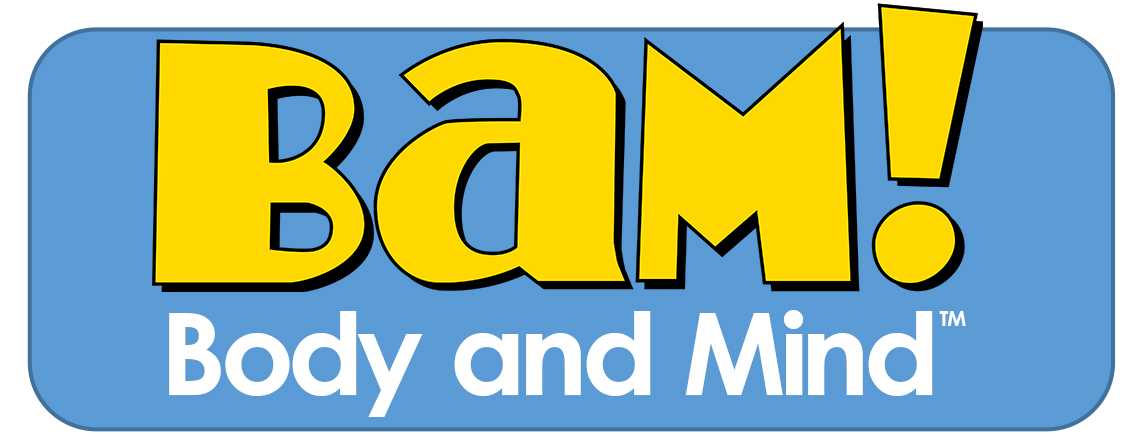National Health Education Standards

The National Health Education Standards (NHES) were developed to establish, promote and support health-enhancing behaviors for students in all grade levels—from pre-Kindergarten through grade 12. The NHES provide a framework for teachers, administrators, and policy makers in designing or selecting curricula, allocating instructional resources, and assessing student achievement and progress. Importantly, the standards provide students, families and communities with concrete expectations for health education.
First published in 1995, the NHES were created in response to several model standards being developed for other areas of education by educational leaders across the United States in the early 1990's. With support from the American Cancer Society, the Joint Committee on National Health Education Standards was formed to develop the standards. Committee members included
- American Public Health Association
- American School Health Association
- SHAPE America (Society of Health and Physical Educators)
Over the last decade, the NHES became an accepted reference on health education, providing a framework for the adoption of standards by most states. A review process begun in 2004 resulted in revisions to the NHES that acknowledged the impact and strength of the original document and took into account more than 10 years of use nationwide. The 2nd edition National Health Education Standards—Achieving Excellence promises to reinforce the positive growth of health education and to challenge schools and communities to continue efforts toward excellence in health education.
Standards and Performance Indicators
The NHES are written expectations for what students should know and be able to do by grades 2, 5, 8, and 12 to promote personal, family, and community health. The standards provide a framework for curriculum development and selection, instruction, and student assessment in health education.
| Standard 1 | Students will comprehend concepts related to health promotion and disease prevention to enhance health. |
|---|---|
| Standard 2 | Students will analyze the influence of family, peers, culture, media, technology, and other factors on health behaviors. |
| Standard 3 | Students will demonstrate the ability to access valid information, products, and services to enhance health. |
| Standard 4 | Students will demonstrate the ability to use interpersonal communication skills to enhance health and avoid or reduce health risks. |
| Standard 5 | Students will demonstrate the ability to use decision-making skills to enhance health. |
| Standard 6 | Students will demonstrate the ability to use goal-setting skills to enhance health. |
| Standard 7 | Students will demonstrate the ability to practice health-enhancing behaviors and avoid or reduce health risks. |
| Standard 8 | Students will demonstrate the ability to advocate for personal, family, and community health. |
- Page last reviewed: August 18, 2016
- Page last updated: August 18, 2016
- Content source:



 ShareCompartir
ShareCompartir